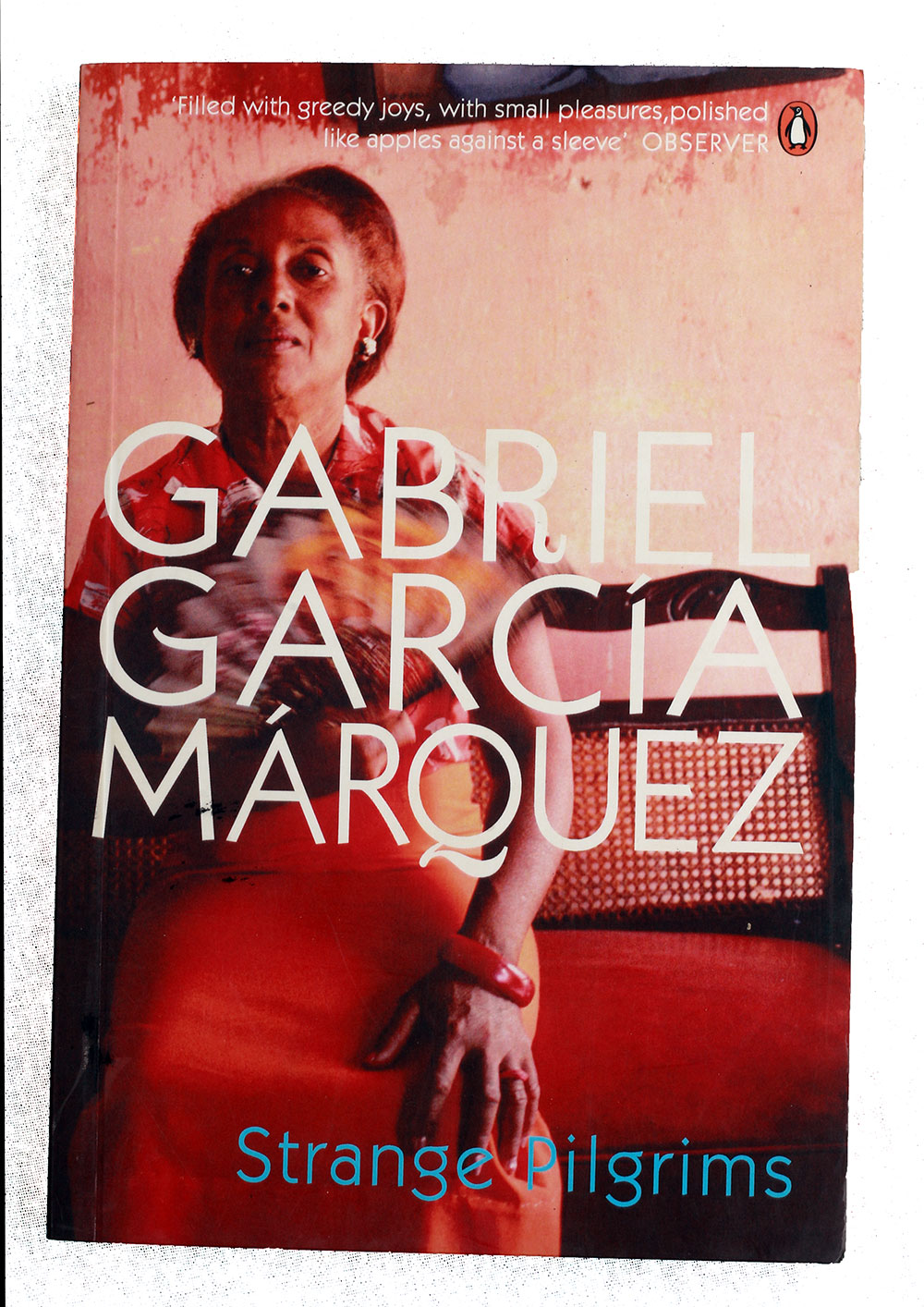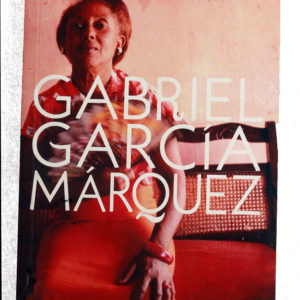Strange Pilgrims | Gabriel García Márquez
₨ 400.00
In Barcelona, an aging Brazilian prostitute trains her dog to weep at the grave she has chosen for herself. In Vienna, a woman parlays her gift for seeing the future into a fortunetelling position with a wealthy family. In Geneva, an ambulance driver and his wife take in the lonely, apparently dying ex-President of a Caribbean country, only to discover that his political ambition is very much intact.
In these twelve masterful short stories about the lives of Latin Americans in Europe, García Márquez conveys the peculiar amalgam of melancholy, tenacity, sorrow, and aspiration that is the émigré experience.
- Categories: Books, Fiction
- Tags: Gabriel García Márquez, Leftshop, leftshopnepal, radical books, red books, Strange Pilgrims
Related products
Stretcher-Bearer of Empire
In the pantheon of global liberation heroes, Mohandas Karamchand Gandhi has pride of place. Leaders like Mandela have lauded him as being part of the epic battle to defeat the white regime and prepare the way for a non-racial country. A popular sentiment in South Africa goes: ‘India gave us Mohandas, and we returned him to you as Mahatma’.
Against this background, The South African Gandhi: Stretcher-Bearer of Empire unravels the complex story of a man who, throughout his stay on African soil (1893–1914), remained true to Empire while expressing disdain for Africans. For Gandhi, whites and Indians were bound by an Aryan bloodline that had no place for the African. His racism was matched by his class (and caste) prejudice towards the Indian indentured. He persistently claimed that they were ignorant and needed his leadership, and wrote their struggles out of history—struggles this book documents.
The authors show that Gandhi never missed an opportunity to demonstrate his loyalty to Empire, with a particular penchant for war. He served as stretcher-bearer in the war between Brit and Boer, demanded that Indians be allowed to carry fire-arms, and recruited volunteers for the imperial army in both England and India during the First World War.
Ashwin Desai is Professor of Sociology at the University of Johannesburg. His previous books include South Africa: Still Revolting, ‘We are the Poors’: Community Struggles in Post-Apartheid South Africa and Reading Revolution: Shakespeare on Robben Island among others.
Goolam Vahed is Associate Professor of History at the University of KwaZulu Natal. He writes on histories of migration, ethnicity, religion, and identity formation among Indian South Africans.
Poems selected and translated from Marathi by Dilip Chitre
Namdeo Dhasal tr. Dilip Chitre
‘This is Mumbai without her makeup, her botox, her power yoga; the Mumbai that seethes, unruly, menacing, yet vitally alive’—The Hindu
‘This elegant book is a journey through the bowels of those quarters over which we have constructed robust mental flyovers’—The Sunday Times of India
‘Chitre succeeds in reproducing the images and metaphors of Dhasal’s work, and his unmistakable, hard-hitting voice’—Outlook
‘Dhasal employs an aesthetic of fracture… towards writing into existence the continuing alienation of dalits seduced by the shiny assurances of a still-new nation’—Biblio: A Review of Books
Ed. Salim Yusufji With an introduction by Bama
This book is an attempt at intimacy with B.R. Ambedkar in his hours away from history and headlines. The aim here is to recover the ephemera that attended Ambedkar’s life and died with him—his pleasure in his library and book-collecting, his vein of gruff humour, the sensation of seeing him in the flesh for the first time, or of stepping out of a summer storm into his house and hearing him at practice on his violin. Here, we have his attendants, admirers and companions speak of Ambedkar’s love of the sherwani, kurta, lungi, dhoti, and even his sudden paean to elasticated underpants. We meet Ambedkar the lover of dogs and outsize fountain pens, proponent of sex education and contraception, anti-prohibitionist teetotaler and occasional cook.
The fragments that make up this volume enable the recovery of his many facets—a rewarding biographical quest.
Fanshen: A Documentary of Revolution in a Chinese Village is a 1966 book by William H. Hinton that describes the land-reform campaign during the Chinese Civil War conducted from 1945 to 1948 by the Chinese Communist Party in “Long Bow Village” (the name used in the book for the village of Zhangzhuangcun in Shanxi province). Hinton lived in the village in spring and summer of 1948 and witnessed scenes described in the book and recreates earlier events based on local records and interviews with participants. He explains party strategy to present the campaign’s successes in building a revolutionary consciousness and a power-base among the poor peasants, but also its errors and excesses, especially the violence toward rich peasants and landlords. Fanshen has been compared to Edgar Snow’s Red Star Over China and characterized as “perhaps the book that most changed American cold war perceptions of the Chinese Revolution.”
Originally published: 1966
Author: William H. Hinton









Reviews
There are no reviews yet.